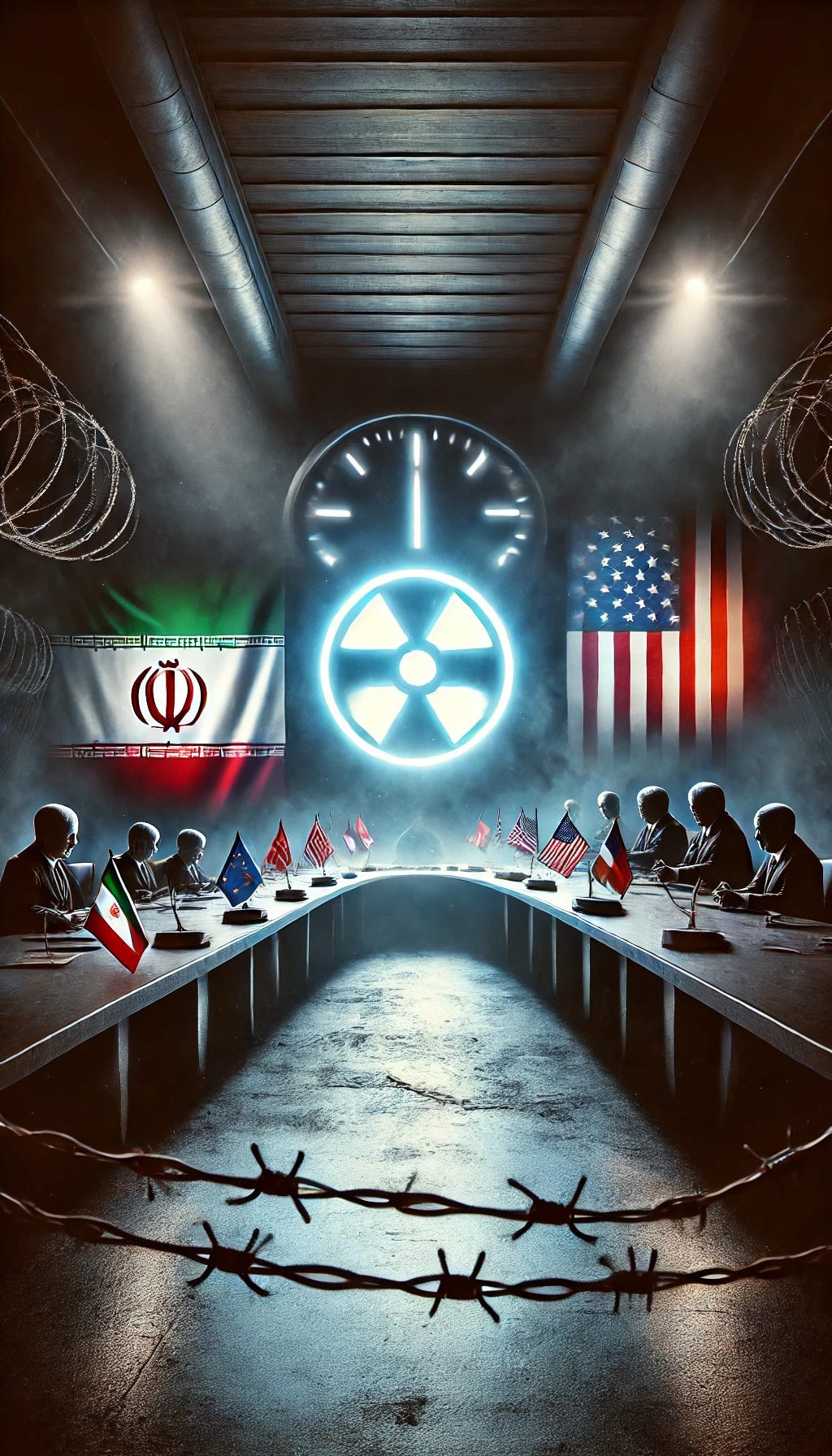Iran’s Return to Nuclear Talks Isn’t What It Seems
As Oct 2025 approaches, Iran is reengaging with the U.S. in talks over its nuclear program. Ex-counterterror chief, Oded Ailam, warns it is a calculated effort to stall until key restrictions expire
Iran is back at the negotiating table, but according to former Israeli intelligence official Oded Ailam, this reflects a survival tactic more than a shift in direction. In October, several restrictions from the 2015 nuclear deal are set to expire. These include limits on Iran’s missile development, uranium enrichment technology, and civilian nuclear trade. Once lifted, Iran will face few legal obstacles in expanding its nuclear program. The consequences could be immediate. A regional arms race may begin, and Israel could face a significantly greater threat.
Ailam, writing for the Jerusalem Center for Security and Foreign Affairs (JCFA), argues that Tehran is not engaging out of a desire for compromise. The regime is trying to buy time. Inside Iran, economic pressure is mounting. Inflation is high, drought is ongoing, and international sanctions continue to squeeze the economy. Despite this, the leadership remains committed to a hardline ideology that resists Western influence and avoids any appearance of weakness.
To explain Iran’s method, Ailam recalls a tribal negotiation he witnessed in rural Iran. Talks lasted into the early morning as both sides held out for hours. Only after one side grew tired did the agreement come together. He believes this pattern is playing out again on the international stage. Iran is using delay and confusion as tools to wear down its opponents.
Iran already holds a stockpile of uranium enriched to 60 percent. Experts estimate it could reach weapons-grade levels in less than two weeks. As the October deadline approaches, the risk of misreading Iran’s intentions grows. A lightly revised version of the old deal may seem like diplomatic progress. In reality, it could allow Iran to move closer to nuclear capability while claiming to act within its rights.




Several Iranian analysts I follow have come to the same conclusion: the regime in Tehran will never accept terms that will satisfy Washington, let alone Jerusalem. The mullahs aren’t negotiating in good faith, merely stalling and sowing confusion, which is pretty much the only thing they’re actually good at.
Just wish their entire nuclear arsenal would be obliterated.